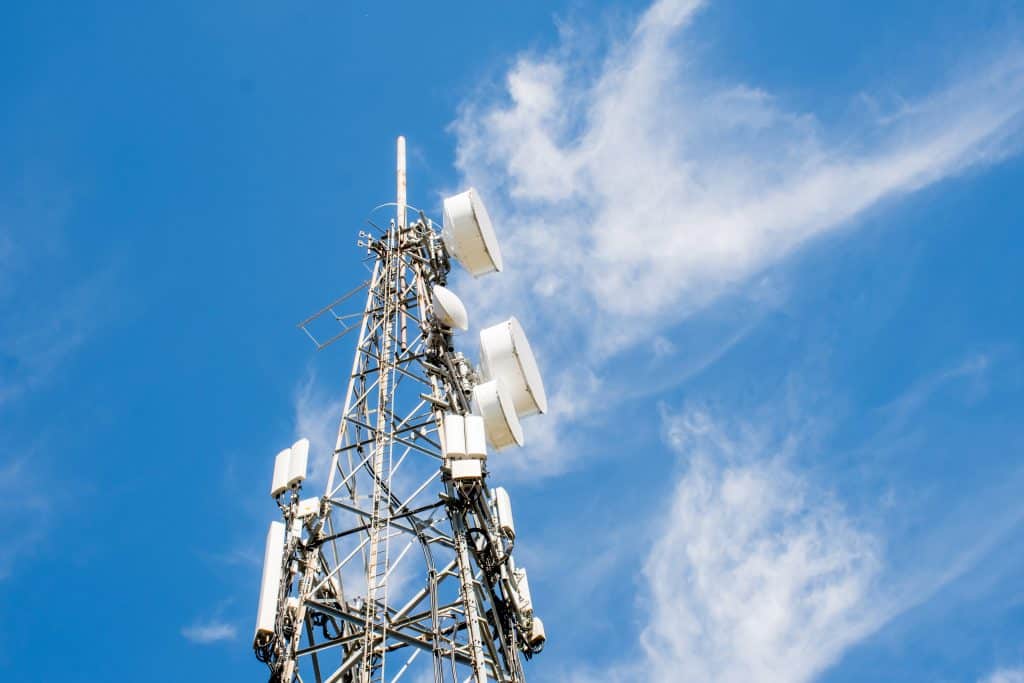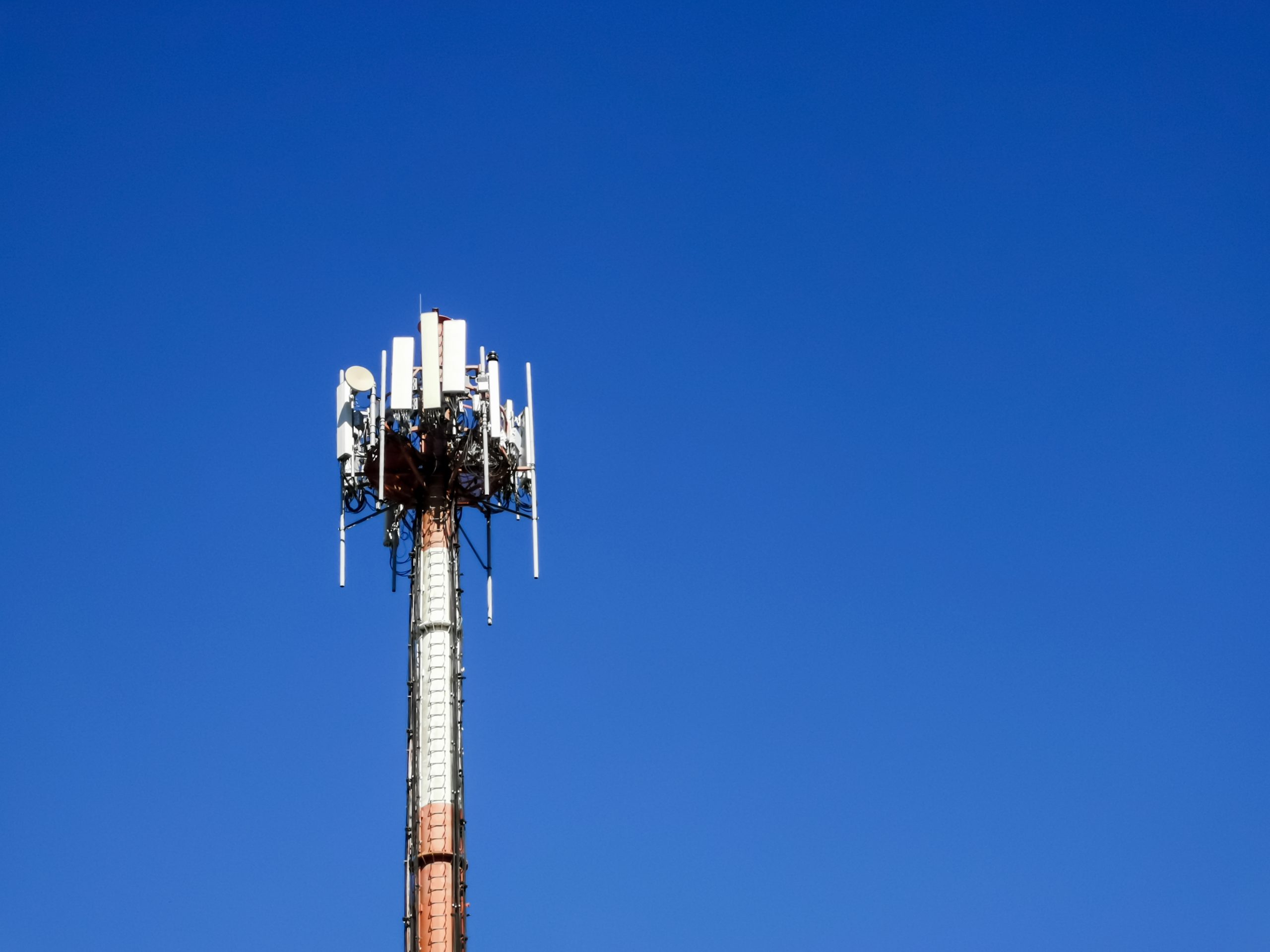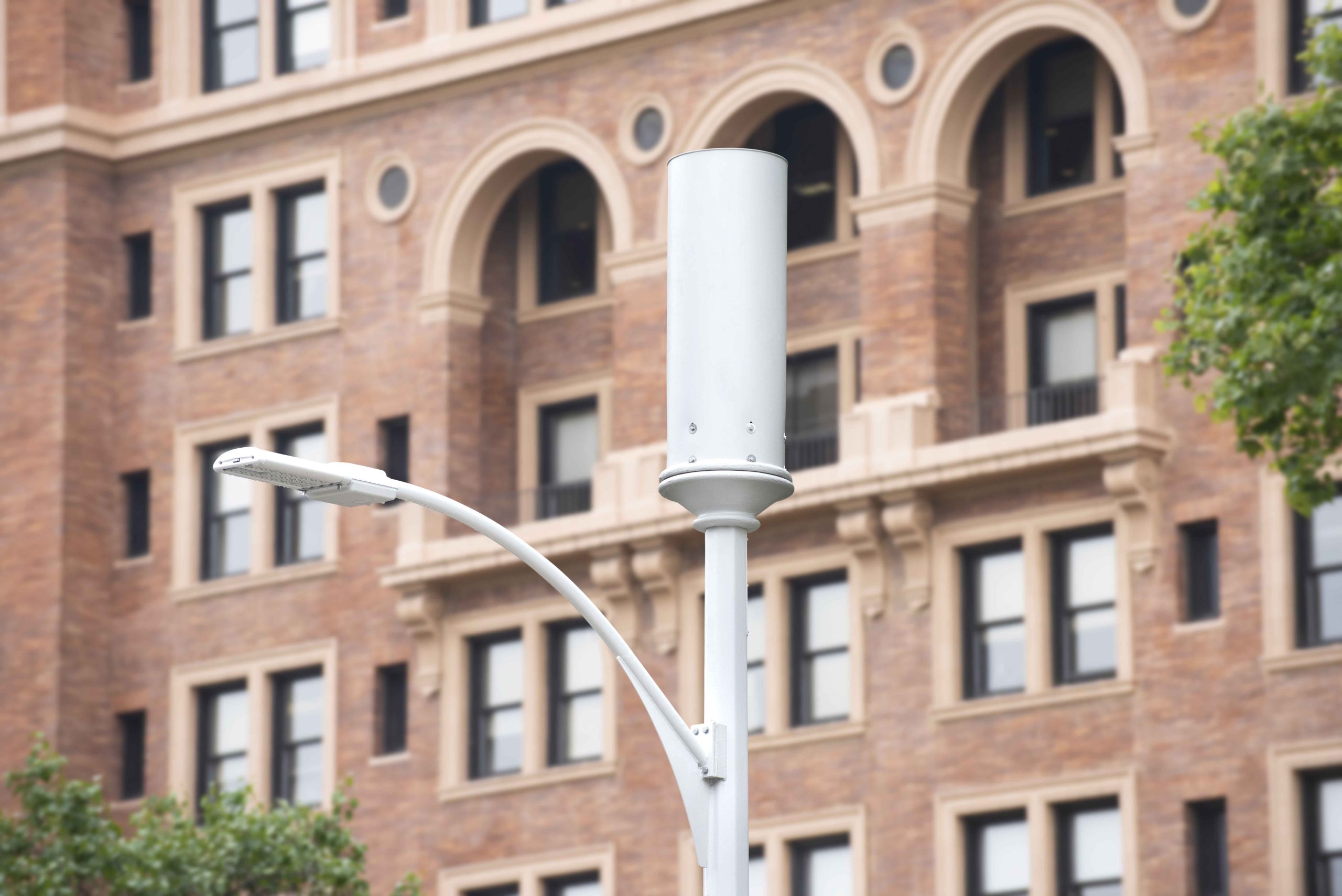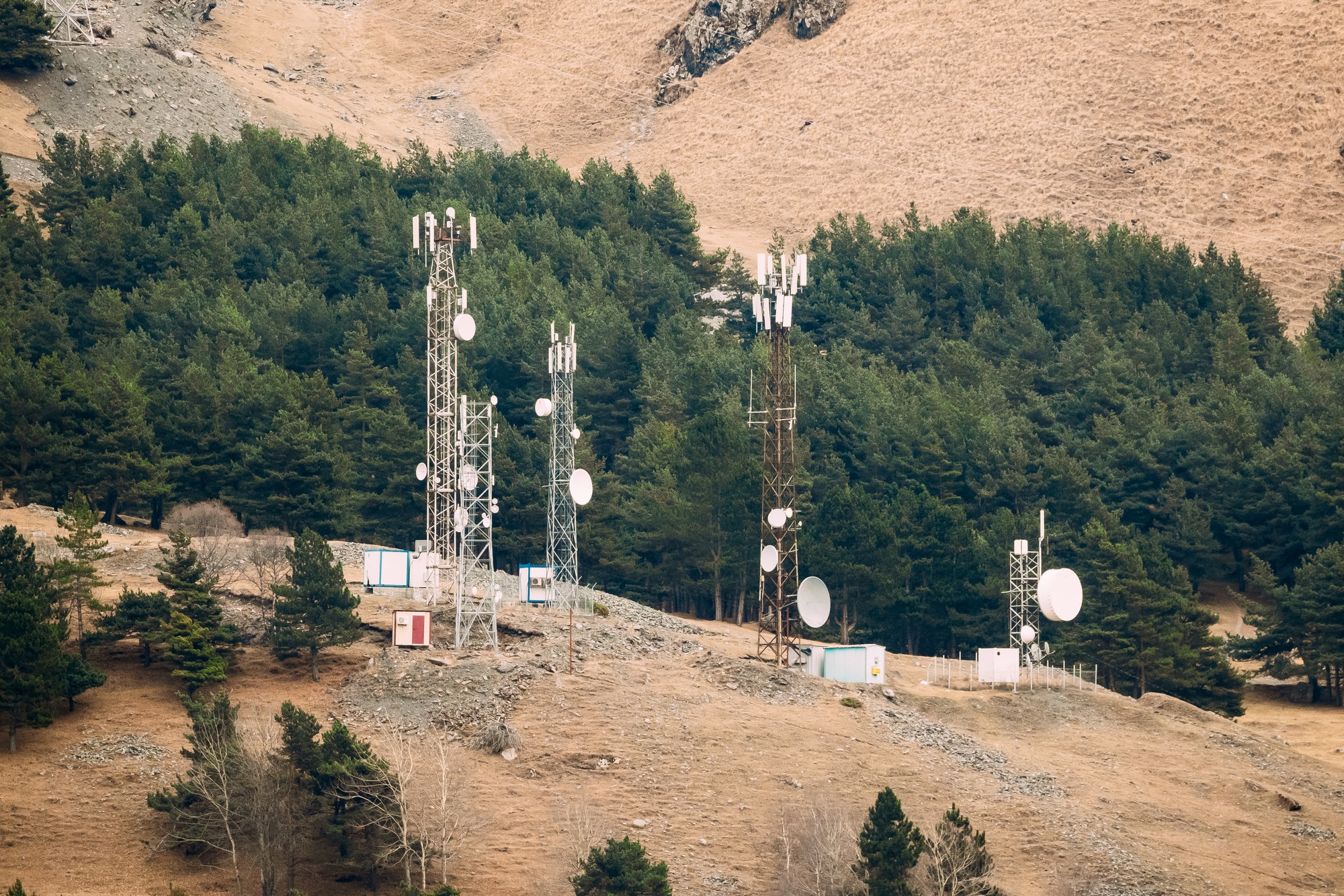The telecom industry has witnessed remarkable growth in recent years, driven by the increasing demand for seamless wireless connectivity. Cell towers serve as the backbone of our digital connectivity and Property owners who lease space for these towers have a unique opportunity to maximize the value of their assets by exploring various lease buyout options.
In this article, we’ll delve into the intricacies of the cell tower lease buyout process and the two most common buyout options — the Master Lease Agreement and the Perpetual Easement for cell tower leases.

If you currently hold an active ground, rooftop, or tower lease agreement with a wireless carrier, you might have contemplated the possibility of selling your lease rights in exchange for a substantial upfront payment. This financial decision can significantly impact your property rights and pricing, depending on the method chosen for the transaction.
Master Lease Agreement:
One of the options available when selling your lease rights is to enter into a Master Lease Agreement. Under this arrangement, a new lease agreement is created, and the current tenant lease effectively becomes the subtenant. This means that there will be a new set of terms outlined in the master lease, but it generally does not affect your title or property rights beyond the landlord-tenant relationship.
However, it’s essential to recognize that the rights held by the investor who purchases these lease rights are typically limited. This limitation often results in a lower offer value when you opt for a lease buyout through a Master Lease Agreement. While this may not provide the highest immediate financial return, it is a simpler and less intrusive option that preserves your property rights more comprehensively.
Utility Easement:
Alternatively, you can consider the option of a Utility Easement when selling your lease rights. This approach is commonly referred to as a Perpetual Easement, which typically spans a lengthy term, often around 99 years. In a Perpetual Easement arrangement, you grant a partial interest in your property to the investor. Importantly, these rights do not revert back to the property owner unless explicitly specified in the agreement.
The advantage of a Perpetual Easement is that it usually offers the highest valuation for the easement rights. This can be particularly attractive if you are seeking a substantial upfront payment. Furthermore, the funds received from this transaction can sometimes be eligible for a 1031 exchange, allowing you to reinvest them into additional real estate opportunities and potentially defer capital gains taxes.
HOWEVER, if you already have a tax strategy for capital gains or are a non-profit, we recommend exploring a Term Easement. An easement for a term does revert back to the future property owner once the term expires and you can also get close to the same overall payout for a lease buyout.
Understanding the Perpetual Easement:
A Perpetual Easement, often referred to as a 99-year easement, represents one of the most common forms of cell tower lease buyouts. It is an arrangement that grants a third party, typically an infrastructure investment company, certain rights to use your property for the continued operation and maintenance of a cell tower for an extended period, usually around 99 years. During this time, the property owner retains ownership of the land, but the easement holder gains specific rights related to the cell tower.
The Advantages of a Perpetual Easement:
- Long-Term Revenue Stream: One of the primary advantages of opting for a Perpetual Easement is the assurance of a long-term revenue stream. Property owners receive a significant upfront payment in exchange for granting these rights, which can be a substantial financial windfall. This infusion of capital can be used for various purposes, including property improvements or investments in other real estate ventures.
- Limited Property Impact: Unlike purchasing a fee simple interest, a Perpetual Easement does not involve a change in property ownership. The property owner retains title to the land, and the easement holder’s rights are specifically related to the cell tower. This means that, aside from the rights pertaining to the tower, your property remains under your control.
- Tax Benefits and 1031 Exchanges: In certain cases, the funds received from a Perpetual Easement transaction may be eligible for a 1031 exchange. This provision allows property owners to reinvest the proceeds into other real estate investments without incurring immediate capital gains taxes. Consult with a tax professional to explore this potential tax advantage further.
- Steady Income without Management Hassles: Property owners who are tired of managing leases, dealing with tenant issues or rent re-negotiations, and ensuring the upkeep of the cell tower can find relief in a Perpetual Easement. With the easement holder taking over these responsibilities, property owners can enjoy a steady income without the hassles of day-to-day management.
Negotiating a Perpetual Easement:
When considering a Perpetual Easement, it’s essential to engage in thorough negotiations. Key aspects to consider include:
- Financial Terms: Carefully evaluate the upfront payment offered in exchange for the easement rights. This should be a fair and competitive amount, taking into account the potential long-term revenue loss due to the easement.
- Lease Terms: Review the terms and conditions of the easement agreement, including any provisions related to maintenance, access, and rent adjustments over time.
- Reversion Clause: Determine whether there is a reversion clause that specifies under what circumstances, if any, the easement rights may revert back to the property owner.
- Legal Counsel: Seek legal counsel experienced in telecom lease negotiations to ensure that your interests are protected throughout the process.
Fixed Term Easement
In addition to Perpetual Easements, there is the option of a Fixed Term Easement. Under this arrangement, the easement rights revert back to the property owner after a specified period of time. While a Term Easement might not yield the highest valuation, it can come close to the value of a Perpetual Easement, especially if the term is extended, such as for 55 years or more. This can be a balanced option for those who wish to maintain a degree of control over their property rights in the long term.
Conclusion:
In conclusion, when contemplating the sale of your lease rights to a wireless carrier, it’s crucial to carefully consider the options available to you: the Master Lease Agreement, Perpetual Easement, or Term Easement. Each approach has its unique advantages and implications for your property rights and pricing. By understanding these distinctions, you can make an informed decision that aligns with your financial goals and property ownership preferences.
A Perpetual Easement for cell tower leases presents property owners with a compelling opportunity to monetize their assets while maintaining long-term control and ownership of their land. This arrangement offers financial benefits, tax advantages, and relief from the operational burdens associated with managing tenant leases, while a fixed term lease is the preferred option for non-profit organizations. Before proceeding, it’s crucial to conduct due diligence, engage in negotiations, and consult with legal and financial professionals to maximize the value of your cell tower lease assets. By exploring the Master Lease, Perpetual or Fixed Term Easement option intelligently, property owners can make informed decisions that align with their financial goals and property ownership preferences.




